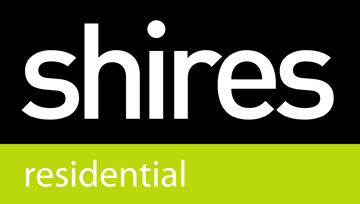
Though the buy to let industry can be very profitable for landlords, it’s important to consider the tax implications that come with owning rental properties. In some cases, tax can be a significant issue, especially with the new changes that are coming into force in April this year. To make sure you’re not caught out by the taxman, and to ensure you know exactly how much your rental property will cost you, we’re taking a look at some of the most common tax issues affecting buy to let investments.
Allowable expenses
Most landlords try to reduce the amount of tax they have to pay at the end of the year by claiming for allowable expenses. These are things that you need to spend money on for the day-to-day running of your business. Allowable expenses could include letting agent’s fees, buildings and contents insurance, accountants’ fees, maintenance and repairs (but not improvements), council tax, ground rent, service charges and advertising.
You may also be able to claim tax relief on the money you spend replacing ‘domestic items’ like beds, sofas, curtains and carpets. However, the item you’re replacing must no longer be used in the rental property and to claim the relief you need to have purchased the item specifically for your tenant.
Mortgage tax relief
At the moment, mortgage interest payments come under allowable expenses. This means that landlords can deduct the cost of their mortgage interest payments from their profit, reducing their tax liability. However, from April 2017, this relief is going to be phased out and landlords will have to pay tax on their net rental income.
Due to the way this is calculated, most landlords won’t end up paying more tax, however, in some cases, the calculations could push landlords into higher tax brackets, costing them significantly more in tax and potentially making their buy to let business unprofitable.
National Insurance
It’s also important to remember that, as a landlord, you may be liable to pay National Insurance contributions. According to HMRC, self-employed landlords need to pay Class 2 National Insurance Contributions if their property letting activities amount to running a business. If you’re unsure whether or not you’re liable to pay Class 2 Contributions, get in touch with HMRC or talk to your accountant.
Stamp Duty
Though most landlords will be aware of the changes to Stamp Duty by now, it’s important to remember you’ll be liable for the higher rate of SDLT when purchasing a rental investment. This will significantly increase the cost of the property and could impact on your first year profits. Check with your mortgage advisor or estate agent to find out exactly how much the new level of stamp duty will cost you.
For more information on being a landlord, or for help managing your property portfolio, contact a member of our team today.





